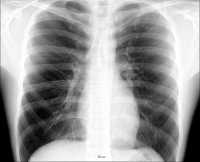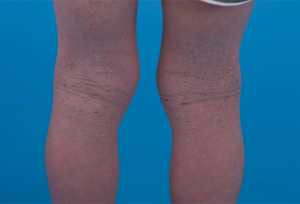Author Interviews, Medical Imaging, Technology / 11.12.2019
AI and Chest X Rays: Google Health Algorithms Performed As Well As Radiologists
MedicalResearch.com Interview with:
Dr. David Steiner, MD PhD
Google Health, USA
MedicalResearch.com: What is the background for this study?
Response: Advances in artificial intelligence raise promising opportunities for improved interpretation of chest X-rays and many other types of medical images. However, even before researchers begin to address the critical question of clinical validation, there is important work to be done establishing strategies for evaluating and comparing different artificial intelligence algorithms.
One challenge is defining and collecting the correct clinical interpretation or “label” for the large number of chest X-rays needed to train and evaluate these algorithms. Another important challenge is evaluating the algorithm on a dataset that actually represents the diversity of the cases encountered in clinical practice. For example, it might be relatively easy to make an algorithm that performs perfectly on a few hundred or so “easy” cases, but this of course might not be particularly useful in practice. (more…)





























